When it comes to children’s wellbeing, needs, and child development, early childhood educators play an essential role in helping sculpt these aspects. Yes, caregivers and parents also help with these elements, but early childhood educators specialize in everything having to do with children, which is what makes them such a vital and essential piece to the puzzle.
Early childhood educators can help guide parents and caregivers in order for children to have a bright future. They have been trained to comprehend children’s feelings and emotions as well as help boost their confidence and pinpoint their strengths. The history of early childhood education explains many of the influences that have shaped the field of early childhood education into what it is today.
These are just some of the reasons why early educators are essential, but let’s take a look at some more.
20 reasons that highlight the importance of early childhood educators
1. Expertise in children’s development
Early childhood educators and preschool teachers are known to specialize in working with children as young as infants up to about the age of six years old. Essentially these early childhood education skills are what makes them such pros at assessing, observing, and documenting their early childhood development. Early childhood educators can detect developmental delays as well as cognitive, social and emotional difficulties in children and help to improve them and support brain development. They also always try to focus on the child’s strength and adapt their environment to their needs and likes.
2. They build positive relationships

Building a warm and positive relationship with children is so important because children need to feel safe and cared for. Early childhood educators do a great job of providing a positive environment and helping children build positive relationships with each other. They also make sure to provide positive relationships with all children by engaging in their play, asking questions, attaining to their needs and likes, and looking out for their wellbeing.
3. Socialization with people other than the child’s caregivers
It is important that children socialize with people outside their homes. Children need to become comfortable with individuals other than their parents. Childcare centers and schools are essential for these purposes.
At first, it will be hard for some children to transition from home to a childcare setting but with time they will become comfortable with educators and other children. It will be beneficial for their growth, early learning, and socialization. The great thing about early childhood educators is that they can create a welcoming environment for children to make them feel right at home.
4. Teach children cooperation
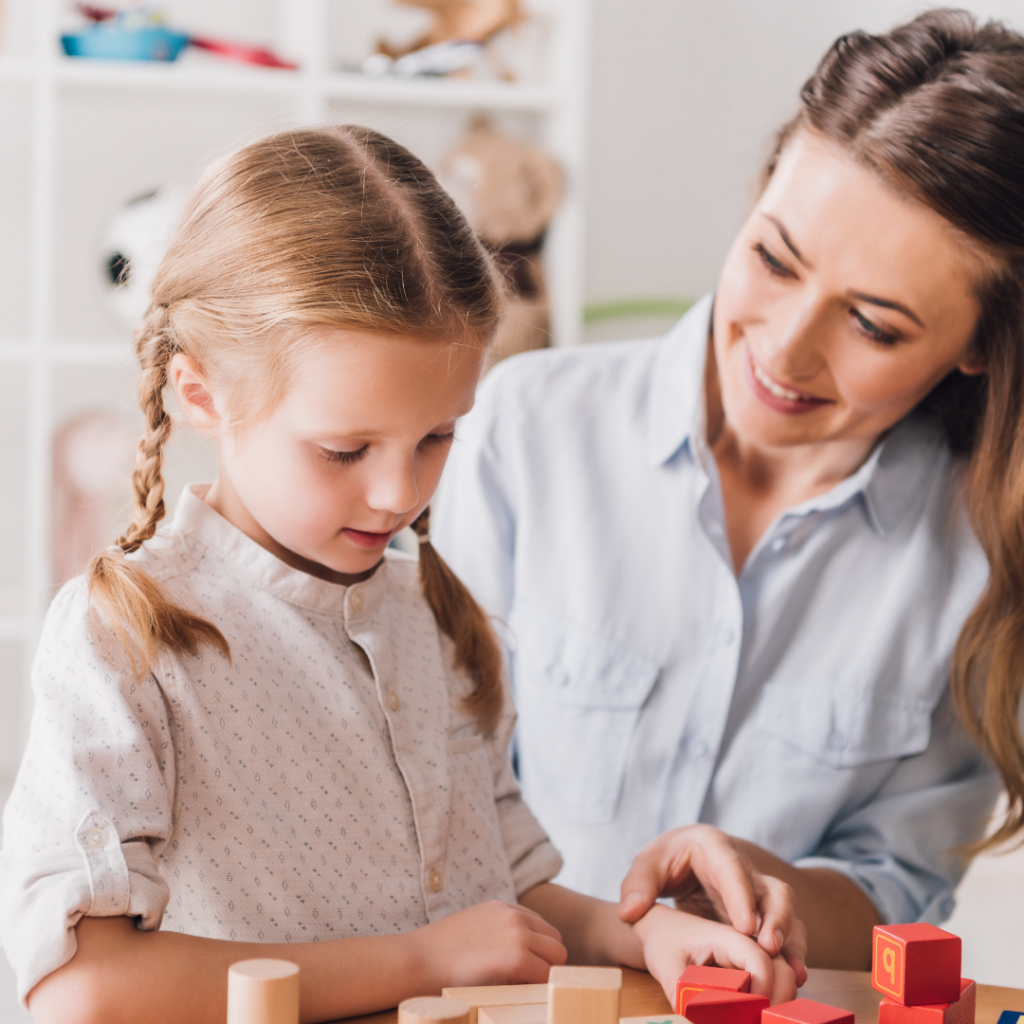
Early childhood educators have become key individuals when it comes to guiding and teaching children in early childhood education center and school settings. What the children learn in these settings they can take home with them.
A prime example is cooperation. It is important that children cooperate with each other and the best people to teach this are educators. This makes educators so essential as they set the groundwork for parents. It is important that they model sharing and teach children how to properly play with one another, as well as to use our words if they are upset.
5. Educators have a lot of patience
When it comes to being an early childhood educator, one thing’s for sure: you have to have patience and be persistent but also caring when working with children. This is one of the key reasons why educators are so important.
As an educator, there are times when things can get hectic and frustrating, but it’s crucial to be patient and have patience with children. It shows your compassion and also children pick up on your emotions and cues. If you show your emotions and frustrations, it won’t work in your favor. Skilled ECEs have a lot of patience and take the time to be sympathetic to children’s emotions and feelings.
6. They promote a strong sense of wellbeing
Educators are fundamental as they look out for children’s wellbeing on a consistent basis. Whether it is their mental health or physical health they like to check in with children to make sure their development and needs are on track. For example, educators provide a strong sense of well-being by promoting outdoor play in order to boost children’s movement.
7. Promote inclusivity and diversity
One of the many reasons why early childhood educators are so essential is that they promote an environment that is responsive, inclusive, and diverse, embracing differences and welcoming them with open arms.
8. Reinforce the importance of play
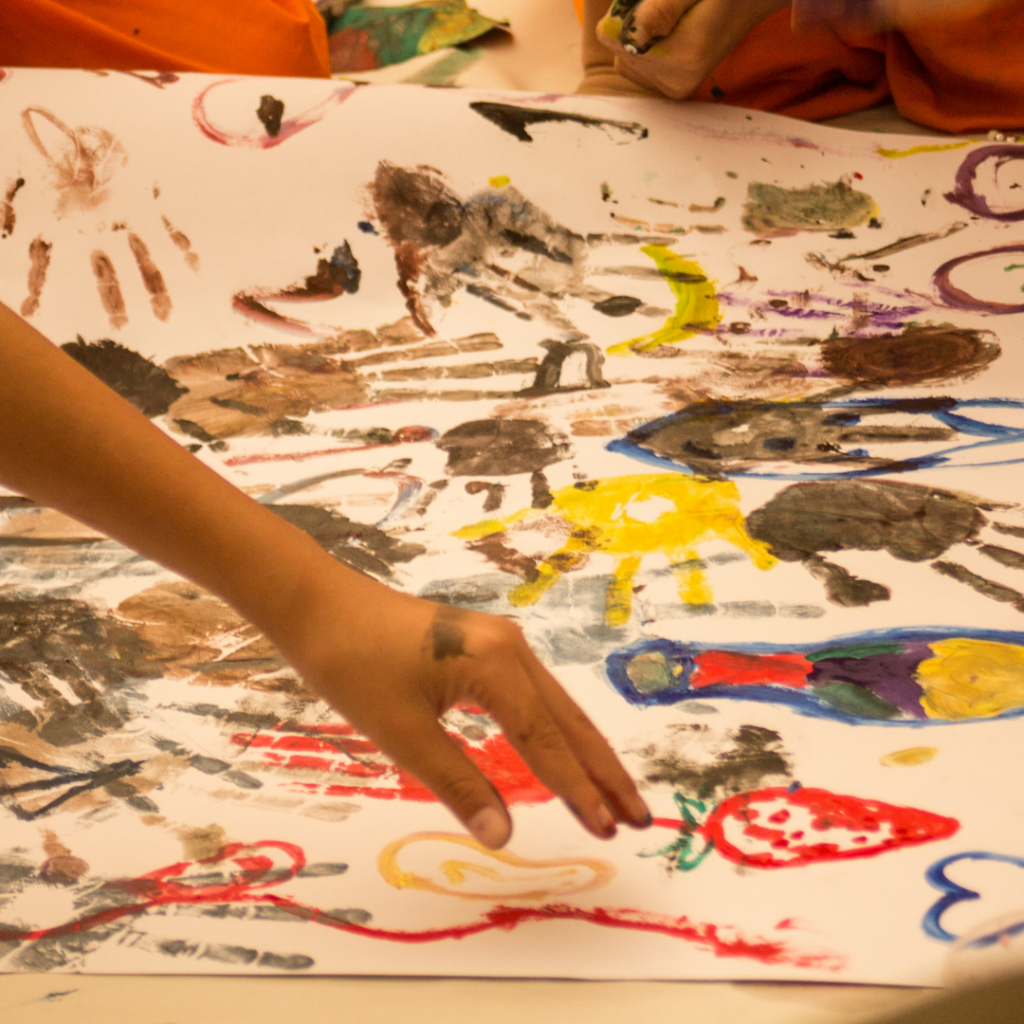
A common misconception that parents might have is that children aren’t learning when they are playing, which couldn’t be further from the truth. Children are constantly learning when they are exploring and playing in their environments and educators are keen believers in play-based learning.
9. Offer strong activities
While parents engage in fun activities with children at home, what makes educators special is that they provide fun, entertaining, and educational activities that children can take home with them. For example, bringing in sensory/mindfulness bottles are a great way to help children self-regulate their emotions and also to teach children about mindfulness.
10. They are able to guide and assist parents
When it comes to taking care of children, parents can use all the help that they can get and educators are always there to help out. Parents depend on educators for many reasons and when they come to pick up their children it is always a good idea to share what went on during the day, whether it is something good that their child has done or maybe you noticed their child wasn’t eating or had trouble napping. Parents will always appreciate that and they also appreciate any extra resources that you can provide, for example, nutrition tips, or events that are occurring that may be good for their child.
11. Provide important foundational skills
Early childhood educators really set the groundwork for children’s growth and development. Putting children in childcare helps prepare them for Kindergarten. They learn essential skills that will help get them ready and this will make it easier for parents.
12. They can help spot children’s strengths
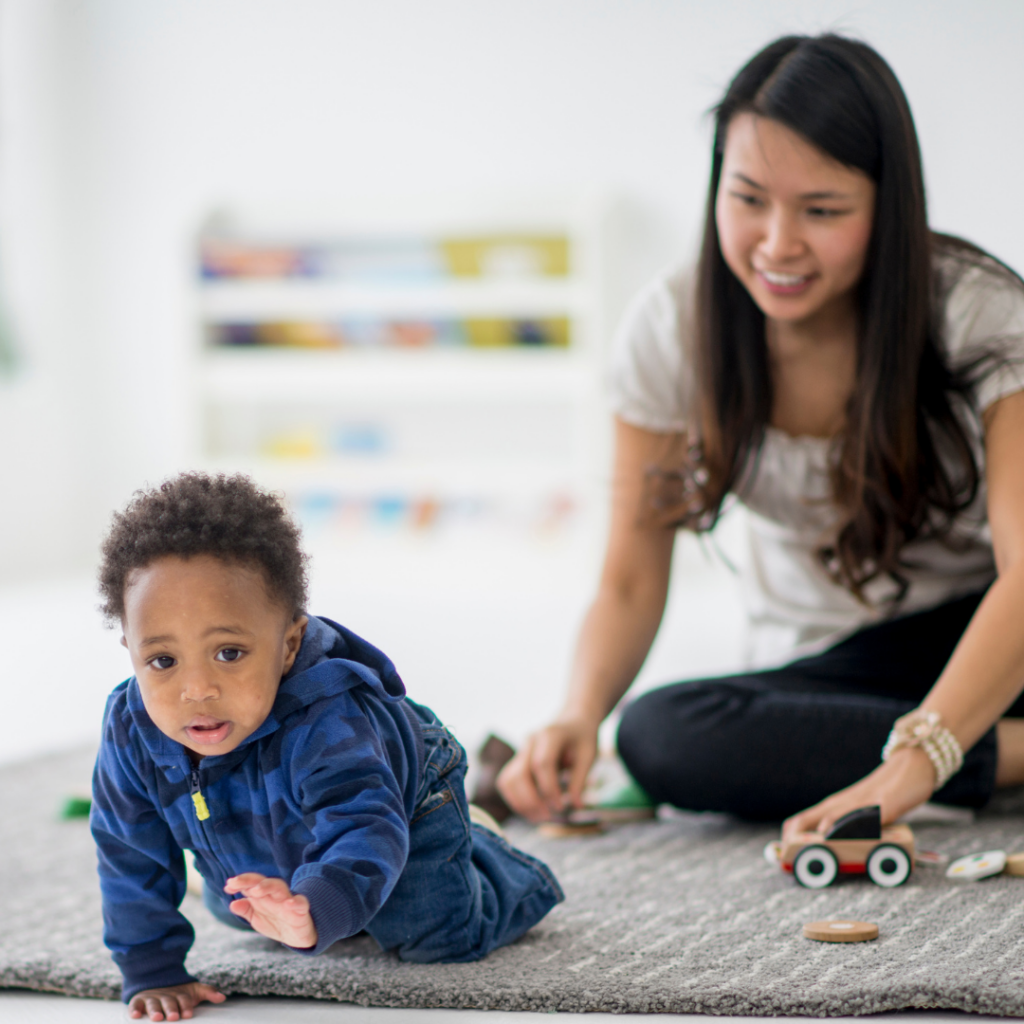
All children carry strengths and it is important to recognize them and also highlight them to children and their parents. All children are unique, confident, and capable, and it is important that we represent that. Sharing children’s successes is a big part of the journey that parents are always excited about. In addition, highlighting and documenting children’s strengths boosts children’s confidence and also heightens their self-concept (when a child becomes aware of the skills they have developed, for example, “I am good at drawing”).
13. They are great at teaching self-regulation
There are times when children are going to be faced with situations whether with other children or themselves and they have to know how to react and handle their emotions along with their behaviors. Managing emotions can be tricky but with practice, self-regulation is an important tool.
Children also aren’t the only ones that have to practice self-regulation. As adults, we carry heavy emotions as well, so we also have to know how to manage them. Also, since adults also have to manage their emotions, this makes educators pros at modeling it to young children!
14. They focus on children’s needs
Early childhood educators are so essential because part of their role is that they focus on children’s needs. It is important to note that children’s needs vary from child to child and for each age group. For example, infants require their diapers to be changed, they need lots of affection and cuddles, they may need assistance with eating (self-help skills), when they are crying they need to be cared for and they need lots of sleep and milk. Children’s needs are so vital and being responsive to them is what makes educators stand out.
15. They provide community resources for parents
Having the right resources that can help guide you and your children is so helpful. Educators are powerful people in this aspect as they can help guide and inform parents of great resources, for example, workshops about children’s safety.
16. Boost children’s self-esteem
As already mentioned, identifying children’s strengths is so important. Children’s strengths maintain a relationship with their self-esteem. All children are confident and capable beyond what they believe they can do and achieve. It is important as an early childhood educator to help boost children’s confidence and this is part of what makes them so essential.

There are many ways that educators can boost children’s self-esteem. For example, when a child is trying to tie their shoes and they are having trouble, they can push them to try it themselves and if they need more assistance they can be there to help. When a child is able to do something themselves they become proud and acknowledging that boosts their confidence. In addition, documenting these milestones in the child’s life is so important.
17. Promote self-help skills
Self-help skills, such as dressing and eating, are taught at a young age and are important for children to develop and learn. Educators encourage even infants to feed themselves and assist them when needed. Getting dressed is also very important as it prepares them for when they get older. Getting dressed and guiding children on how to get dressed can actually be fun as you can get creative with how to do it. By encouraging children to do things themselves it makes them more independent, but at the same time, educators are always there to be of assistance.
18. Promote literacy
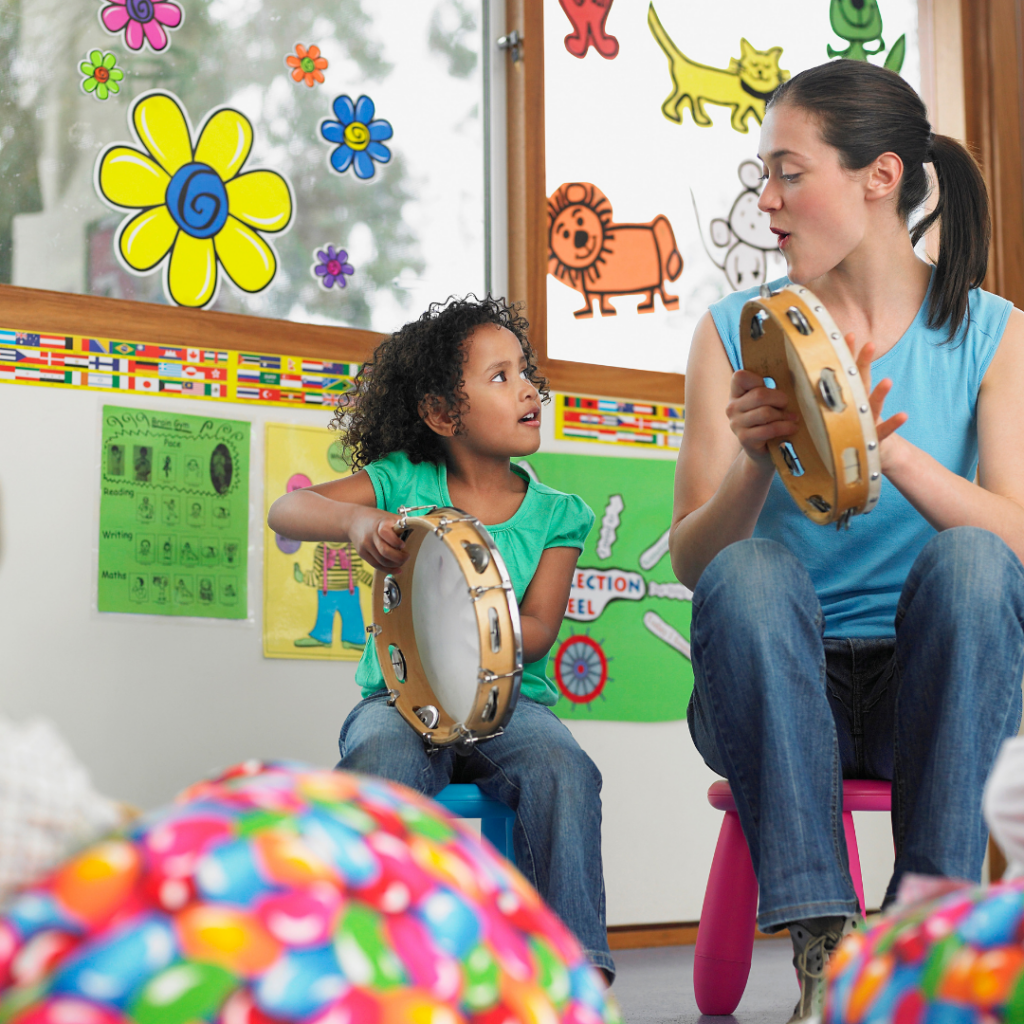
Literacy is a very important topic when it comes to early education and young children, and early childhood educators will start by educating about literacy with children as small as infants through early childhood education programs.
19. Reinforce sensory play for infants
Early childhood educators are great at reinforcing specific types of play for certain age groups. They know that infants rely on their senses a lot, which is why they also reinforce sensory play, for example with sensory boards.
20. Promote the importance of music
And last but certainly not least is music. Music is a very important aspect when working with children because they love music and songs. Children also learn vocabulary when they hear music and when you are teaching them songs!

What other ways are early childhood educators essential and why is early childhood education important? Let us know in the comments!

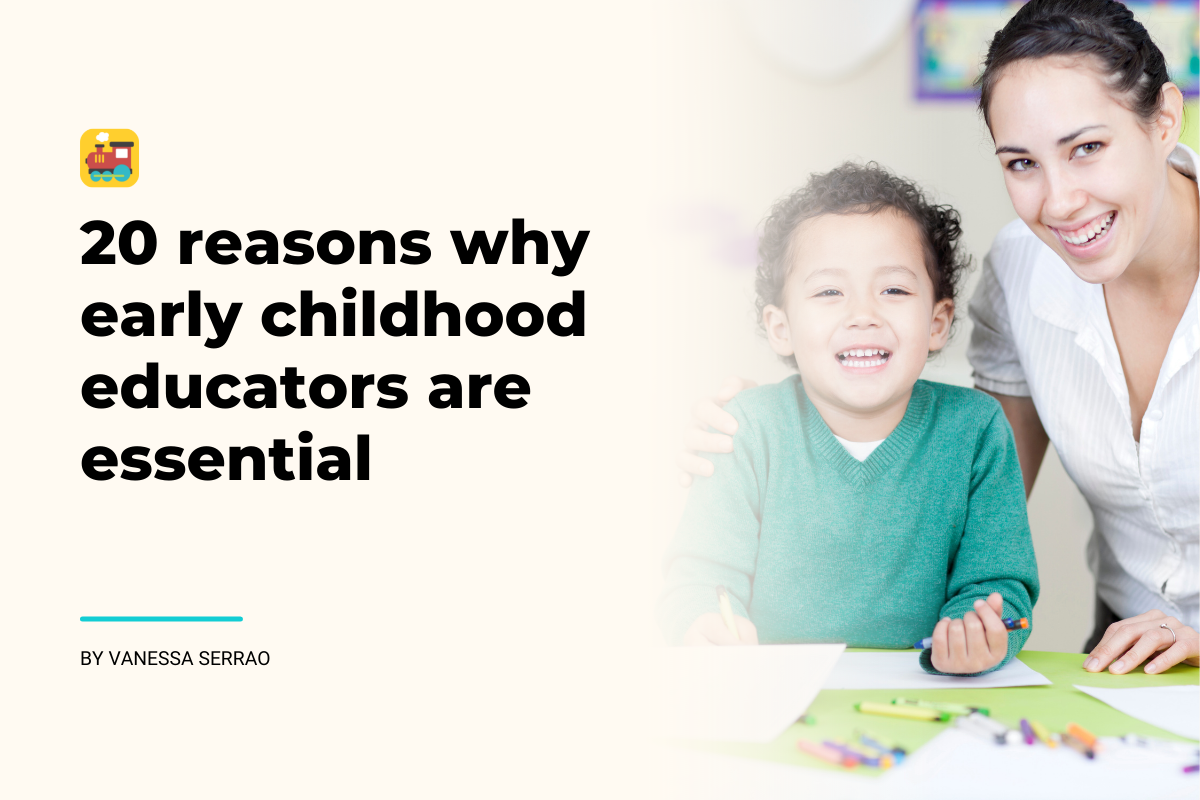

Very educative
Please send this to the government to see if they will acknowledge our important role in children’s lives…..and ask them to justify how a shelf stacker at Woolworths or Coles earns more money per hour than Early Childhood Educators.
Thank you.
I torally agree with you ECEs are definitely underpaid for the work that we do. Thanks so much for your comment:)
To be recognized as workers just like nannies at home for the work we do
Be paid well and in time
I found this article very interesting, thanks for sharing
Thanks so much glad you enjoyed it.
Yes, it is true, and I agree with your points. Early childhood educators help children by teaching them about the world around them and helping them grow intellectually, physically, socially, and emotionally. They also help children develop their social skills by engaging in activities that teach children how to play with other kids. Thank you for sharing such great information about the importance of early childhood educators. It was very informative. I am looking forward to read more such blogs in the future.
Early childhood education done properly is the best start to life any child can have. It pays off in the longer run when the child is about to get started in the primary school. It is informative. Thank you for sharing this.